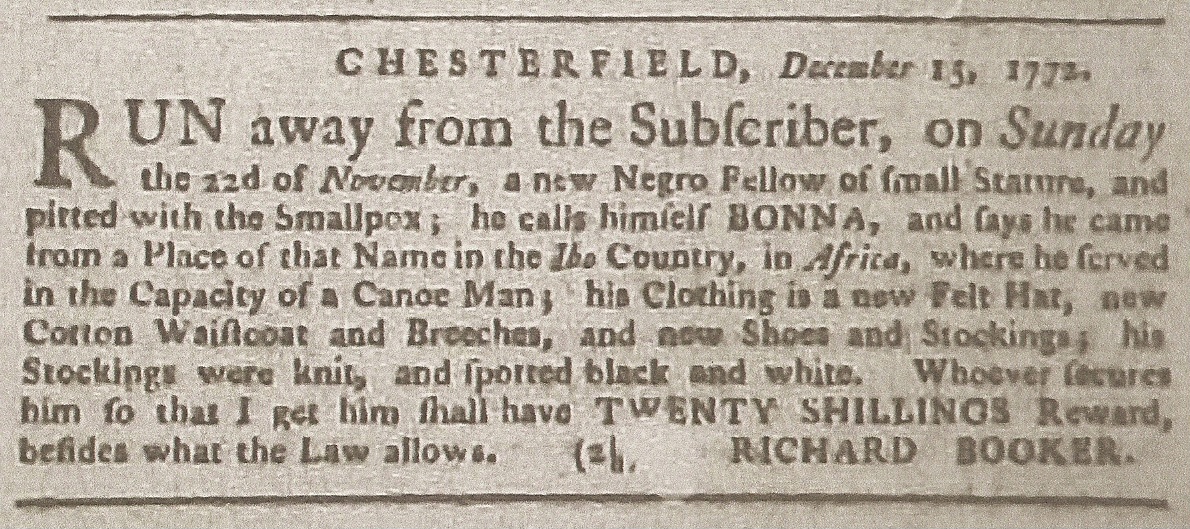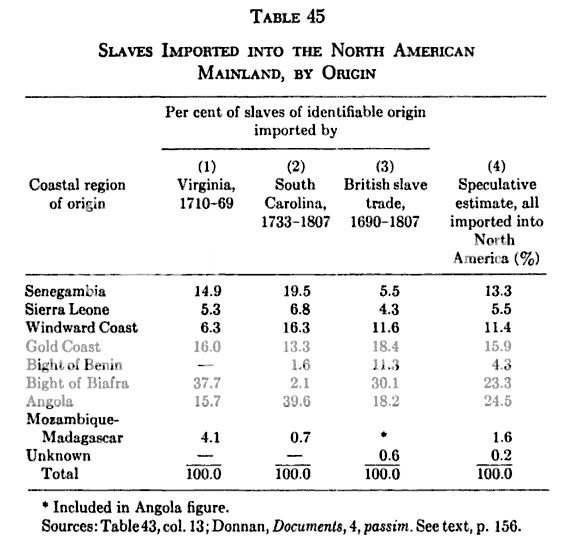Igbo Landing, Georgia US - Culture - Nairaland
Nairaland Forum / Nairaland / General / Culture / Igbo Landing, Georgia US (3867 Views)
Beyonce Depicts The Igbo Landing In New Video / Igbo Landing(ibo Island): Where Igbos Made History / Igbos In Slavery.the Igbo Landing In America (2) (3) (4)
| Igbo Landing, Georgia US by bigfrancis21: 5:03pm On May 03, 2015 |
Igbo Landing (alternatively written as Ibo Landing, Ebo Landing, or Ebos Landing) is a historic site in the sand and marshes of Dunbar Creek in St. Simons Island, Glynn County, Georgia. It was the setting of the final scene of an 1803 resistance of enslaved Igbo people brought from West Africa on slave ships. Its moral value as a story of resistance towards slavery has symbolic importance in African American folklore and literary history.   A 1930 post card showing moonlight on Dunbar River, Glynn Haven, St. Simons Island, Georgia In May 1803 a shipload of seized West Africans, upon surviving the middle passage, were landed by US-paid captors in Savannah by slave ship, to be auctioned off at one of the local slave markets. The ship's enslaved passengers included a number of Igbo people from what is now Nigeria. The Igbo were known by planters and slavers of the American South for being fiercely independent and more unwilling to tolerate chattel slavery. The group of 75 Igbo slaves were bought by agents of John Couper and Thomas Spalding for forced labour on their plantations in St. Simons Island for $100 each. The chained slaves were packed under the deck of a small vessel named the The Schooner York to be shipped to the island (other sources write the voyage took place aboard The Morovia). During this voyage the Igbo slaves rose up in rebellion taking control of the ship and drowning their captors in the process causing the grounding of the Morovia in Dunbar Creek at the site now locally known as Ebo Landing. The following sequence of events is unclear as there are several versions concerning the revolt's development, some of which are considered mythological. Apparently the Africans went ashore and subsequently, under the direction of a high Igbo chief who was among them walked in unison into the creek singing in Igbo language "The Water Spirit brought us, the Water Spirit will take us home", thereby accepting the protection of their God, Chukwu and death over the alternative of slavery. Roswell King, a white overseer on the nearby Pierce Butler plantation, wrote one of the only contemporary accounts of the incident which states that as soon as the Igbo landed on St. Simons Island they took to the swamp, committing suicide by walking into Dunbar Creek. A 19th century Savannah-written account of the event lists the surname Patterson for the captain of the ship and Roswell King as the person who recovered the bodies of the drowned. [img]http://igbolandingproject.files./2012/09/550620_279270702188540_902586123_n1.jpg[/img] A letter describing the event written by William Mein, a slave dealer from Mein, Mackay and Co. of Savannah states that the Igbo walked into the marsh, where 10 to 12 drowned, while some were "salvaged" by bounty hunters who received $10 a head from Spalding and Couper. Survivors of the Igbo rebellion were taken to Cannon’s Point on St. Simons Island and Sapelo Island where they passed on their recollections of the events. 1 Like |
| Re: Igbo Landing, Georgia US by bigfrancis21: 5:30pm On May 03, 2015 |
Slave legend draws people for two-day remembrance in coastal Georgia The Associated Press September 2, 2002 ST. SIMONS ISLAND, Ga. -- In May 1803, 10 Nigerians captured and sent to work on coastal Georgia plantations chose to drown themselves in Dunbar Creek rather than live as slaves. It is a legend known well by many islanders, keeping some from fishing or crabbing in the creek, fearing that the men continue to haunt the place. Over the weekend, about 75 people from as far as Nigeria visited the creek to designate the area as holy ground and to give the freed slaves peace. "They were souls forced here to die without a proper burial. It's a step toward creating rest for us and our ancestors," said Adonijah O. Ogbonnaya, who lives in Illinois.  The drowned slaves were from the southeast Nigerian tribe called Igbo or Ibo, which claims 40 million members worldwide. The event, organized by the St. Simons African-American Heritage Coalition, included lessons on Igbo history and customs Friday and a Saturday procession to the drowning site. Coastal Georgia schools have recently begun incorporating mention of the event in history classes. There is no historical marker at the site, which is next to a sewage treatment plant built in the 1940s. The source most often quoted by locals on the subject is a 1989 book by H.A. Sieber. It has accounts of the drowning as told by the survivors' descendants. "It's an oral tale that's been told down -- not written. But it did happen," said Pat Morris, executive director of the Coastal Georgia Historical Society. "It's one of those things that we're always learning more about to tell the complete story. History isn't static." According to Sieber's book, as the men marched to their death, they sang in their native tongue: "The water brought us; the water will take us away." Some claim that around midnight the stillness of the creek is disturbed by the clanging of chains and the men's cries. The men's spirits have remained restless for 199 years because they never received a proper burial, said Chukwuemeka Onyesoh, who traveled from Nigeria to help give them one. "I came here to evoke their spirits to take them back to Igboland," he said. Others traveled to the island from Haiti, Belize, New York, Chicago, Atlanta, Mississippi and Canada to remember the incident. Similar Igbo drownings occurred in Belize and Haiti. The drowned men were among about 75 Igbo, including women and children, forced to leave Nigeria on ships bound for coastal Georgia, home to profitable cotton plantations. Descendants of the survivors settled in the island's Harrington community. Dorothy Forbes, 81, and her husband have tried to preserve the historical site, leaving intact a rickety plank bridge that leads to the creek. They welcomed the tribesmen and historians this weekend and routinely welcome pilgrims to the site. This weekend, elder tribesmen danced, sang and prayed in her yard under towering oaks and moss-laced cypress. "That's where they jumped ship," Forbes said while staring from her back yard. "It's hallowed ground." 1 Like 1 Share |
| Re: Igbo Landing, Georgia US by bigfrancis21: 5:34pm On May 03, 2015 |
1 Like |
| Re: Igbo Landing, Georgia US by bigfrancis21: 5:41pm On May 03, 2015 |
1 Like 1 Share |
| Re: Igbo Landing, Georgia US by absoluteSuccess: 10:01pm On May 05, 2015 |
The self-sacrifice of those Igbo captives should tell us something: that our pride must not reside in 'servitude or tales of servitude' to mortals like us. So let's hope one day, the Igbo will land in space. I dedicate the spacetrip to the 'men of Igbo landing' and to all men captured and eslaved against their wish, and not to 'slaves by default'. It shall be. I say amen to that. |
| Re: Igbo Landing, Georgia US by pinkycute(f): 10:08pm On May 05, 2015 |
   I like this.... Proudly Igbo  1 Like |
(1) (Reply)
The Origins Of White People According To Ifa (odu Ifa Eji Ogbe) / Amazing Discovery! Bishop T.D. Jakes Is An Igbo Man. / 2023: Why We Will Work For Peter Obi Not Atiku-plateu Ex- Reps Member, Kaze
(Go Up)
| Sections: politics (1) business autos (1) jobs (1) career education (1) romance computers phones travel sports fashion health religion celebs tv-movies music-radio literature webmasters programming techmarket Links: (1) (2) (3) (4) (5) (6) (7) (8) (9) (10) Nairaland - Copyright © 2005 - 2024 Oluwaseun Osewa. All rights reserved. See How To Advertise. 27 |


